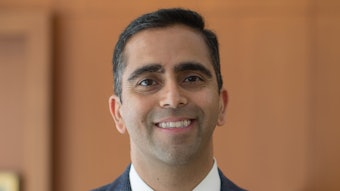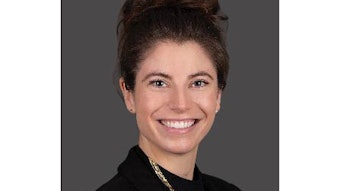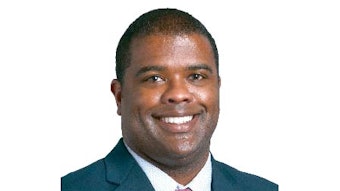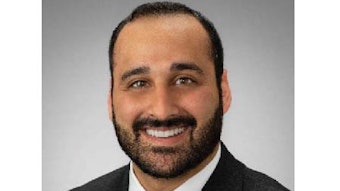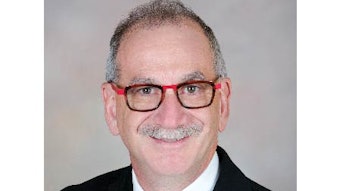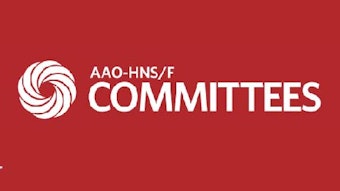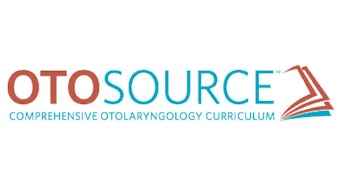There Will Be Opportunities in 2022!
It bodes well for our ability to address the evolving changes in healthcare delivery facing us in the immediate future.
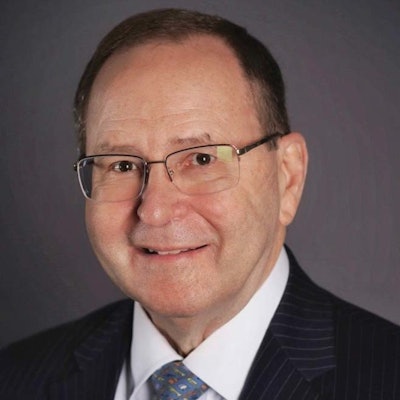 James C. Denneny III, MD
James C. Denneny III, MD
AAO-HNS/F EVP/CEO
Our strategic planning process in 2021 updated our Core Purpose to include “provide high-quality, evidence-informed and equitable ear, nose, and throat care” and our Core Guiding Principles added key phrases promoting “inclusive diversity and equity in ENT patient care” and delivering “a forum to provide support for providers and guide best practice and patient care.” The approved plan also added three areas of focus, Business of Medicine, Inclusive Diversity and Equity, and Wellness and Resiliency that will help us more effectively respond to the nuanced systemic changes presenting themselves in the future. Our emphasis on identifying strategic partners and participating in collaborative partnerships capable of representing our shared interests has enabled us to have a stronger voice on broader issues than we could’ve hoped for as an isolated smaller specialty. Our list of allies grew in 2021, and we solidified these relationships that subsequently increased our influence at many levels.
The escalating failure by CMS to follow RUC recommendations related to coding valuations has resulted in continual decline in procedure valuations. These, along with the combination of private payer obstacles including, but not limited to, preauthorization, modifier usage, investigational terminology, and expanded denials, is putting extreme pressure on the future of fee-for-service payment models. Ongoing projects related to value-based care, specialty-led networks, and the advancement of our clinical data registry, Reg-entSM, have put us into a position to begin promoting alternative payment models for specialists with potential to overcome many of the negatives associated with current fee-for-service payment.
The recently formed Private Practice Study Group has tremendous potential to help inform the Board of Directors of practice management needs and successes as well as participate in implementing pilot projects that are more patient and practitioner friendly while delivering high quality affordable care. Those who come forward with solutions to obstacles will be listened to and given the opportunity to demonstrate alternative successful plans. Working in conjunction with Reg-ent and the data it is capable of collecting will ensure that defining quality will be done through data informed processes that can lead to a higher quality and cost-effective system down the road.
Some of the major concerns at the end of 2021 and heading into 2022 include Medicare expansion without adequate funding, the recently released “Surprise Billing” regulations that administratively disregarded the intent of Congress setting up the potential for payer dominance in future contract negotiations, and the recently released FDA over-the-counter hearing aid regulations, which when paired with the possible Medicare coverage for hearing aids section of the proposed “Build Back Better” legislation, would result in a complete restructuring of the hearing aid industry as we know it. All of these would have a significant effect on the overall practice of medicine and particularly for hearing healthcare. We continue to participate in advocacy in these areas through responsive commentary to regulatory rulings and active work individually and with coalitions on the legislative issues affecting our members and your patients.
Conditions are also improving across the board in the United States related to the COVID-19 pandemic. We will be co-existing with the virus for some time, but this year’s experiences have given cause for optimism. Our 125th Anniversary Annual Meeting in Los Angeles, California, demonstrated that in-person meetings can be safely held, and with vaccines now approved for all age groups and the recent oral medication that significantly lowers mortality related to COVID-19 infection, a strong possibility exists that 2022 will be a better year health wise for the world. I will leave you with my final thought for the upcoming year with a quote by Maxime Lagacé, “Help others have a better future and yours will be guaranteed.”

